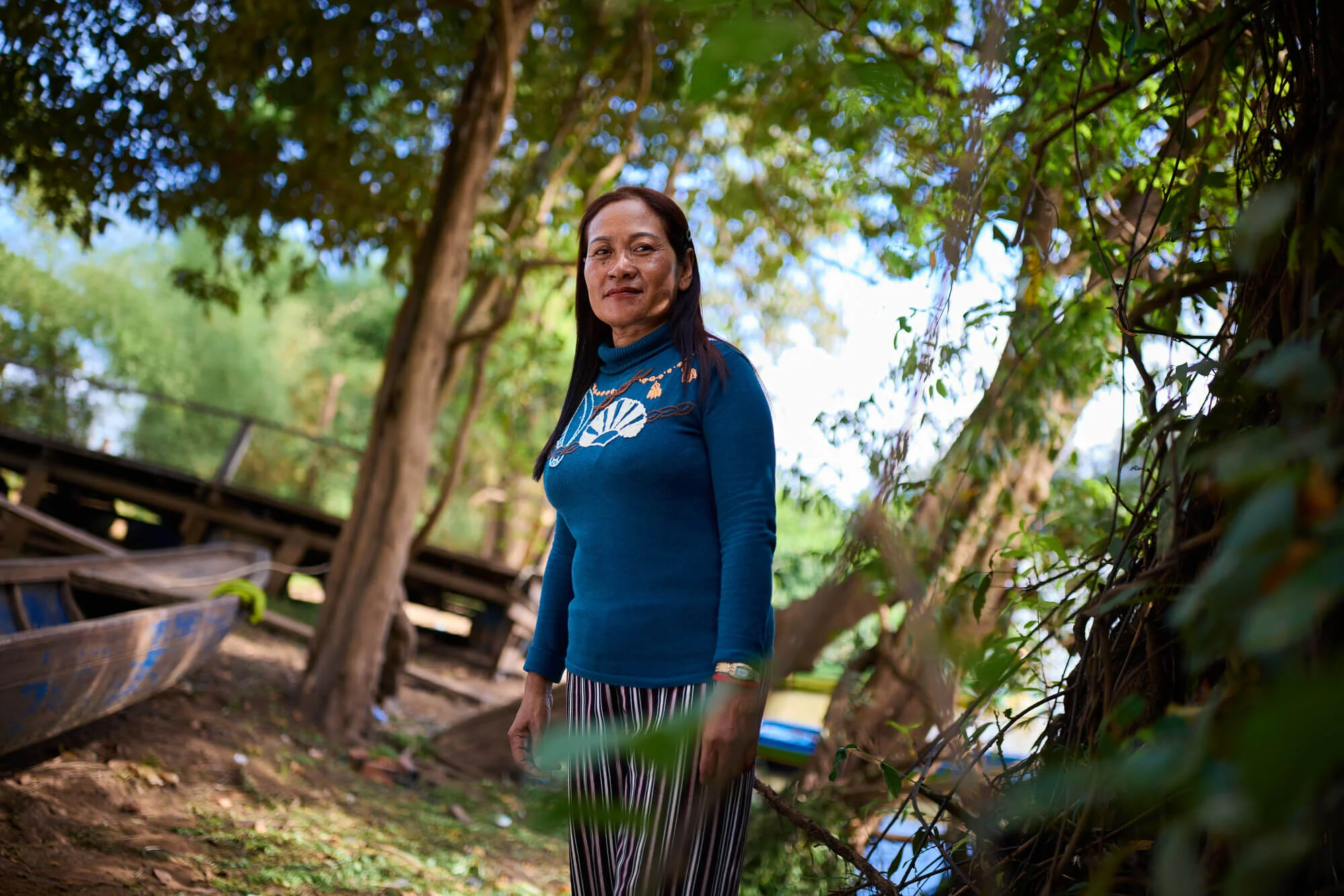By Ben Murphy, Humanitarian Advocacy Coordinator, Oxfam Australia
Today the Australian government formally ratified the Arms Trade Treaty (ATT), an historic international agreement to keep arms out of the hands of human rights abusers and oppressive governments around the world.
It’s astounding to think that just over a year after being adopted, 118 countries (more than half the countries in the world) have signed the ATT, with 40 of those taking the final step to ratify the treaty in their domestic law. This momentum makes the ATT one of the fastest moving treaty processes in UN history.
While this diplomatic achievement should be celebrated, it’s hard to deny that there is still a lot of work to be done. Conflict continues to rage in places like Syria and South Sudan, fuelled by a steady flow of arms and ammunition.
In South Sudan, food security throughout the country has been put at severe risk by conflict fed by the illicit and unregulated arms trade. The conflict has destroyed markets, interrupted trade routes and forced farmers to flee their fields. It’s just one example of just how devastating the impact of irresponsible arms transfers can be on poverty reduction, food security and sustainable development for the world’s poorest people.
If the world is serious about ending the impunity in the arms trade that allows such tragedies to occur, continued leadership from supportive countries like Australia is essential. This is why Australia’s ratification is a crucial sign of progress, but by no means the final step towards ending the tragic effects of an unregulated arms trade.
What happens next?
Firstly, Australia needs to lead by example, by ensuring that it applies the highest possible standards to its own arms transfers and reports transparently on them.
Australia also needs to support and encourage other states, both in its own region and globally, to join and effectively implement this Treaty. While global controls exist to regulate the trade in everything from bananas to MP3 players and bottled water, the ATT is the only truly global treaty covering the approximately $70 billion per year international arms trade.
A landmark achievement
Australia should also play an important role in monitoring and holding to account those countries that continue to flaunt the provisions of the ATT and ignore human rights. As a temporary member of the UN Security Council until the end of this year, Australia has already made some important achievements in fostering a greater focus on the peace and security impacts of small arms. Last September, Australia made a landmark achievement when it introduced the first ever UN Security Council Resolution on small arms.
Much like Australia’s decision to ratify the ATT, this achievement is an important step along the way to reducing the harm caused by small arms. But this progress on arms control will only lead to lasting results if countries like Australia choose to speak out to end impunity, rather than looking the other way, when irresponsible arms transfers continue to fuel conflicts around the globe.
With close to 1500 people dying every day from small arms violence, there’s a lot at stake. Continued Australian leadership will be critical to ensure that a truly bulletproof Treaty becomes reality.
Ben Murphy is the Humanitarian Advocacy Coordinator at Oxfam Australia. He has been campaigning for a global Arms Trade Treaty for five years and previously served as a member of the Australian delegation at the Arms Trade Treaty negotiations.



